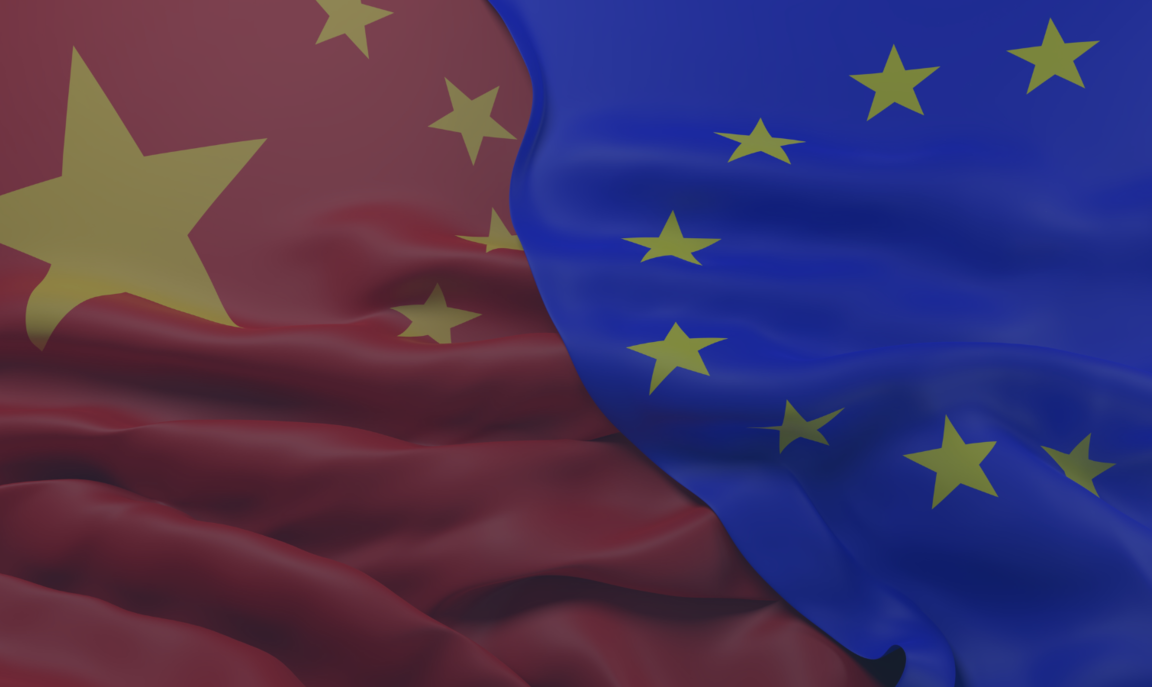You are here

The end of dialogue? Three methodological challenges for EU-China cooperation
The number of meetings between Chinese and EU/Member State officials has increased significantly, after the post-Covid resumption of international travel and the launch of China’s charm offensive towards Europe. On the eve of the EU-China summit, one question keeps coming back: are these exchanges leading to results? The short answer is no, given the limited outcome of the five visits paid by heads of EU Member States to China over the last year, and the eight visits made by EU commissioners to China over the last seven months. Trade Commissioner Valdis Dombrovskis acknowledged that his September visit for the high-level economic dialogue did not lead to sufficient consensus on several key issues, such as a possible EU-China transparency mechanism on supply chains for critical raw materials. It appears particularly difficult to discuss issues ranging from market access to subsidies, from Ukraine to the Middle East, in clear and detailed terms. The question is why and what to do about it.
Today, EU-China meetings are constrained by three methodological challenges:
First, the challenge of what may be called the tactic of ‘automatic dismissal’. Chinese diplomacy often rejects any concerns, doubts or criticism formulated by European countries out of hand, and automatically turns such criticism back against the interlocutors. For instance, it frequently happens that when a European official broaches the issue of market access, or subsidies, in China, his Chinese counterparts hit back with negative comments about the exact same issues in Europe. This has been Beijing’s official approach for almost a decade and it became particularly visible after 2019, when Chinese diplomacy took on a harder tone. It often leads the discussion down a dead end. It is not clear at this point if Beijing’s wolf warrior diplomacy is on the wane or not, but in any case it seems likely that it will continue to utilise this tactic as it is seen in China as part of its ‘national rejuvenation’ process and a necessary display of ‘self-confidence’ towards the West.
Second, the challenge of what I have called the ‘definition gap’ (see: What if … we avoided wordplay with China). For more than a decade the EU and China have been using the same words, but not with the same meaning. Xi Jinping’s diplomacy is strategically promoting a form of lexical relativism, by often using words and phrases that are traditionally used by democracies and liberal economies (‘human rights’, ‘freedom’, ‘economic openness’, ‘globalisation’, ‘multilateralism’, etc.) but with an alternative meaning attached to them, which generates confusion and hinders a frank discussion on these topics. What Beijing calls a ‘market-oriented’ economy (as emphasised again on 30 November by MFA Spokesperson Wang Wenbin when talking about China, in reference to concerns expressed by the EU) is completely different from what Brussels has in mind.
For more than a decade the EU and China have been using the same words, but not with the same meaning.
Third, the overall challenge of ambiguity. It may appear at first sight easier to exchange on issues that do not specifically address China’s domestic situation or core interests in its immediate neighbourhood. On Ukraine or the Israel-Hamas war, China is ready to exchange at length, but often in such general terms that it becomes hard to see what China is ready to do concretely. This is true of both oral and written communication, as illustrated by the very general 12 points set out in China’s ‘Position Paper on the Political Settlement of the Ukraine crisis’ (24 February 2023) or the 5 points in its ‘Position Paper on Resolving the Palestinian-Israeli Conflict’ (30 November 2023). But behind a veil of general declarations and claims of neutrality, Beijing has taken sides in both conflicts.
So far, this ambiguity has strengthened China’s hand. The EU and Member States have spent a lot of time trying to decipher China’s position on Russia’s invasion of Ukraine. But while calling for further EU-China cooperation on this matter, Beijing is betting on the erosion of European and American support to Ukraine and building a coalition of countries which opposes Western sanctions and positions on the issue. A similar dual-track approach is emerging on the Middle East.
The EU and Member States have spent a lot of time trying to decipher China’s position on Russia’s invasion of Ukraine.
The challenge of ambiguity is not new, but it is certainly time to take it seriously, and shape a methodology to handle it accordingly. Although it would need to be fine-tuned and adjusted according to the topics and formats of upcoming dialogues, the general frame for such a methodology could be based on the EU’s unilateral acknowledgement of divergences of position right from the outset of discussions. It is important to put things straight as much as possible. It is also important to clarify the meaning of words and concepts used whenever necessary, to avoid semantic ambiguities. Overall, EU and Member State representatives would gain from being as concrete and frank as possible, without shying away from sensitive topics. On those, the EU needs to be prepared to respond to China’s ‘automatic dismissal’ tactic.
More coordination on the methodology of engagement is needed among EU institutions as well as Member States, even if significant divergences on substance continue to exist. This is particularly important at a time when, in parallel with the EU-China track, Beijing is engaging with a limited number of Member States, and unilaterally granting favours to some of them – as shown by the Chinese decision to allow visa-free entry to citizens from five EU countries.
In any case, when it comes to dialogue with China expectations should not be too high: a discussion where both sides are listening to each other and jointly trying to find a solution seems out of reach at the moment. As Beijing’s charm offensive continues, it will try to put irritants to the side as much as possible, to emphasise cooperation, but the potential for convergence should not be overestimated, in particular on Ukraine and the Middle East. In its upcoming meetings with China, the EU should be mindful to avoid losing time talking about cooperation on issues where, in other settings, Beijing has openly criticised Brussels’ positions and sought to marginalise the EU.
